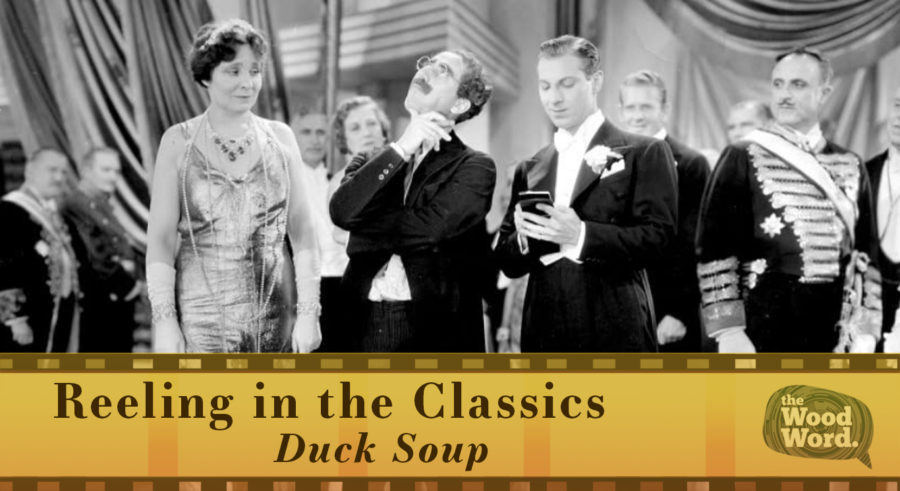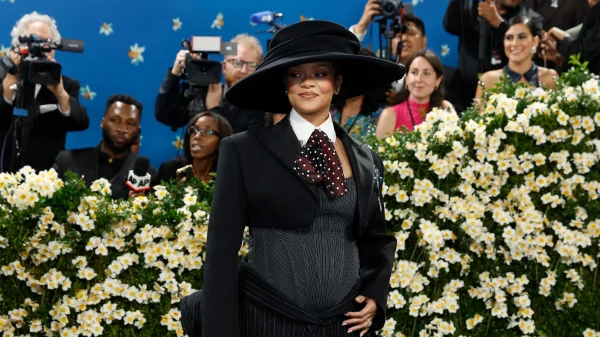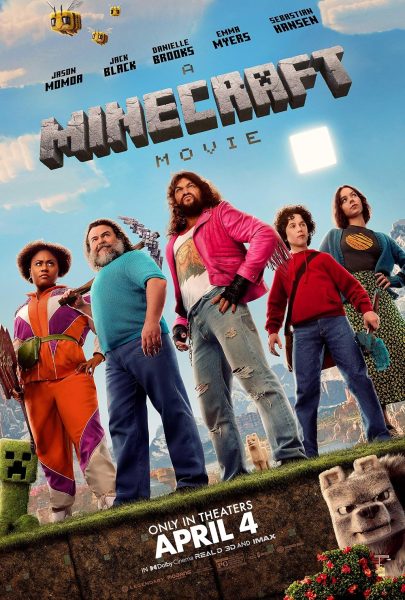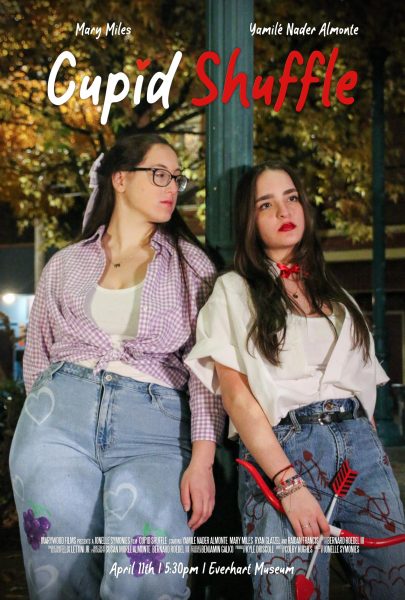Reeling in the Classics: “Duck Soup”
Photo credit/ Jennifer Flynn
With the new year well underway, we find ourselves with a whole bunch of movie anniversaries to celebrate. In particular, I found myself watching “Duck Soup,” the most famous of the 13 comedies made by comedy group The Marx Brothers, which turns a staggering 90 years old this year.
The brothers swore up and down it was never intended to be a satire of one particular thing, just pure chaos, and yet they were beyond ecstatic to learn that just a few short months after its November 1933 premiere, it had been banned in Italy by the country’s then-dictator Benito Mussolini. So, with that in mind, does this movie feel like a satire and even if it does, does it still hold up?
The film was the final one that the four brothers made for Paramount, as well as the last of their films to feature the straight man of the four, Zeppo Marx. According to the fan-made Marxology website, the team had reached the end of their five-film deal with the company and the comedians were growing quite bitter and tired of Paramount because the brothers felt they were not being paid as much as they thought they should have been. The four even threatened to quit and make the film independently, but as doing that was not as feasible back then as it is now, they reluctantly returned to shoot the movie and quickly parted ways after the film was released. They would go on to make films for MGM for the rest of their movie careers. As for Zeppo, he went on to be a talent agent for his older brothers as well as an engineer.
The film takes place in the fictional country of Freedonia, which has fallen on impossibly hard times financially. Wealthy widow Mrs.Teasdale (Margaret Dumont) agrees to bail the country out, but only if the old leader is thrown out and Rufus T. Firefly (Groucho Marx) is brought in to lead instead. The leaders agree to her terms and soon a fast- talking cigar smoker with no regard for any political conventions is the dictator of the country. Meanwhile, the ambassador of the neighboring country of Sylvania, Trentino (Louis Calhern), conspires to take control of Freedonia, only to find his patience continually tested by Firefly to the point of declaring war. “Helping” him are also two spies, Chicolini (Chico Marx) and Pinky (Harpo Marx).
The whole thing ends in an absurd war sequence that is probably only matched by the similarly bizarre climax of “Monty Python and the Holy Grail.” To give an idea of just how strange the film is, Firefly’s combat uniform switches styles and eras of war at least four times throughout the movie.
The film bombed when it first came out, opening to mixed reviews that said the film didn’t live up to the zany reputation of its predecessors. However, the reputation of the film has grown in the decades since its release and it is now considered not only the brothers’ best film but a masterpiece of comedy and satire. The movie has a 91% from both critics and audiences on Rotten Tomatoes, while managing a little less with a 7.8 out of 10 from IMDB.
Many scenes from the movie are now regarded as some of the finest scenes in cinema history, particularly when it comes to comedies. The completely silent Mirror Scene, in which Pinky stands in for a shattered mirror and copies Firefly’s every move, is no doubt the most iconic moment, but there are many others as well. It helps that the movie is only 68 minutes long, allowing for highly-concentrated zaniness that would help inspire the likes of “Monty Python” and several others.
However, this film was made in 1933, and with that comes a handful of moments that are downright cringeworthy to watch today due to racial stereotypes and the occasional racist remark being in play. A joke made by Firefly that is traced back to be a reference to a racist song from the time was the one moment in the whole movie that genuinely soured my mood. That moment was censored for a long time in versions of the film from the 50s and 60s. It was eventually restored in a release from the late 1980s, and has remained that way ever since.
Even more shocking by today’s standards is the Freedonia war declaration song that kicks off the climax, which culminates in the four brothers playing banjos and singing in a Southern accent in a parody of racist minstrel shows, though the audience is spared any blackface. This scene, however, has never been censored, and I can understand why: the whole war number is meant to portray war declarations as nothing more than a musical revue for entertainment, and spoofing minstrel shows definitely gets across the idea. The fact of the matter, though, is that it still comes from racist roots. Considering how tolerant – for the 1930s, anyway – the brothers were off-camera, including allowing African American performers to gain exposure they otherwise never would have had via a scene from “A Day at the Races,” I can’t help but wonder just why they took that route.
These, fortunately, are the only out of date moments in a movie that otherwise feels more and more like a satire as time has passed. A movie where a wealthy member of government uses their fortune to bribe into power someone they feel is right to lead feels like a twisted satire of politics in modern times. Much like if this were to happen in real life, things end up in utter chaos with Firefly in charge. He angers both his cabinet and the foreign ambassador with a never-ending stream of insults and one-liners. He hires Chicolini off the street to be secretary of war and explicitly states he wants to upset the cabinet by doing so. The only reason he wins the war at all is Trentino being in the wrong place at the wrong time. All in all, without dragging real life or recent politics into this, one could definitely view this film as a satire if they wished. But for me, this film is simply a really good comedy.
Despite how short it is and the racist attitudes of the era occasionally showing themselves, I have no problem saying the majority of it still holds up 90 years later. As a fan of the movies of the Marx Brothers, there are a couple of their movies I like more, but this one absolutely deserves to be their most well-known and celebrated film. The acting is great, with Dumont in particular doing her utmost to stay dignified in the face of all of the chaos going on around her.
The brothers are all in top form here as the masters of each of their styles of comedy, particularly Groucho as Firefly. Out of the great many jokes here, too, almost all of them land without any filtering from the film’s long-ago origins. This movie does hold up.
Due to its age, audiences can probably find the movie for free if they know where to look. For anyone thinking about a career in comedy or filmmaking, or even both, I highly recommend watching.
Contact the Writer: [email protected]

Brianna Kohut is a senior Multimedia Communications major with a minor in Writing. She is also a DJ for VMFM 91.7. When not writing or serving popcorn...









